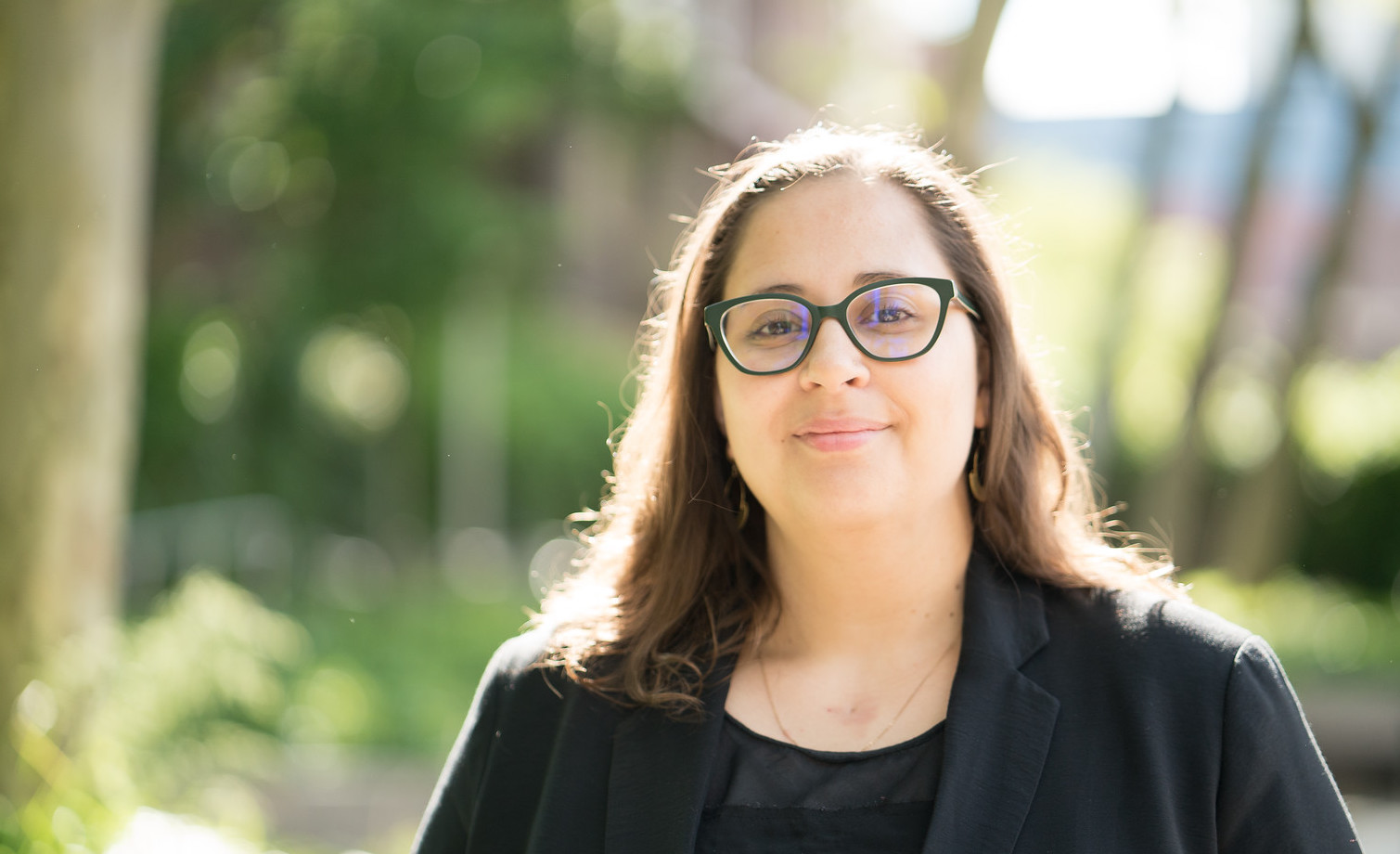Event

Speaker: Arlene Fernandez, Communications
Discussant: Dr. Rahul Mukherjee, English, Media Studies
Abstract: There is a rich scholarly literature exploring the processes of platform urbanism, surveillance, and media practice in cities, much of it necessarily concerned with the disciplining and extractive forces of government, law enforcement, and techno-capital (see Brayne, 2017; Kitchin, 2014; Sadowski, 2020; Shapiro 2020; Shapiro 2022; Shelton, 2017). What do we make, then, of places and spaces that are ostensibly analog and in which embodiment is central to their functioning? I suggest that when ‘analog’ urban spaces in the U.S., such as the corner store, collide with the increasingly digital city, it shapes meaning-making and sociality in racialized urban communities in important ways. As Tung-Hui Hu (2015) reminds us, “analog sources…allow us to think through digital problems, and, in turn, challenge the implicit separation between analog and digital” (p. xxiv). If the logistical-urban frontier (Shapiro, 2022) moves us toward greater efficiency – the shortest distance between points of departure and arrival – then how might the slowness, the stillness, the inefficiencies of the corner store serve as what Harney and Moten (2021) offer as a kink or a block in the urban logistical landscape? In this paper based on early ethnographic fieldwork in bodegas in Philadelphia, I explore the ways in which subaltern communities in and around the ‘analog’ corner store – specifically, Black and Latine people – “find ways to exceed the boundaries of capital and other forms of containment” (Walcott, 2021, p. 46) through what Sung (2023) refers to as the politics of technological refusal – a critique of technological innovation as the only mode or possibility for resistance. I argue that urban spaces like the bodega are sites of both ambivalence about and contestation of the digital city, where an embodied and affective politics of digital and technological refusal are performed.
Please contact Tessa Huttenlocher (thutten@sas.upenn.edu) with any questions.
To hear about this and other Urban Studies events, join our mailing list here.
